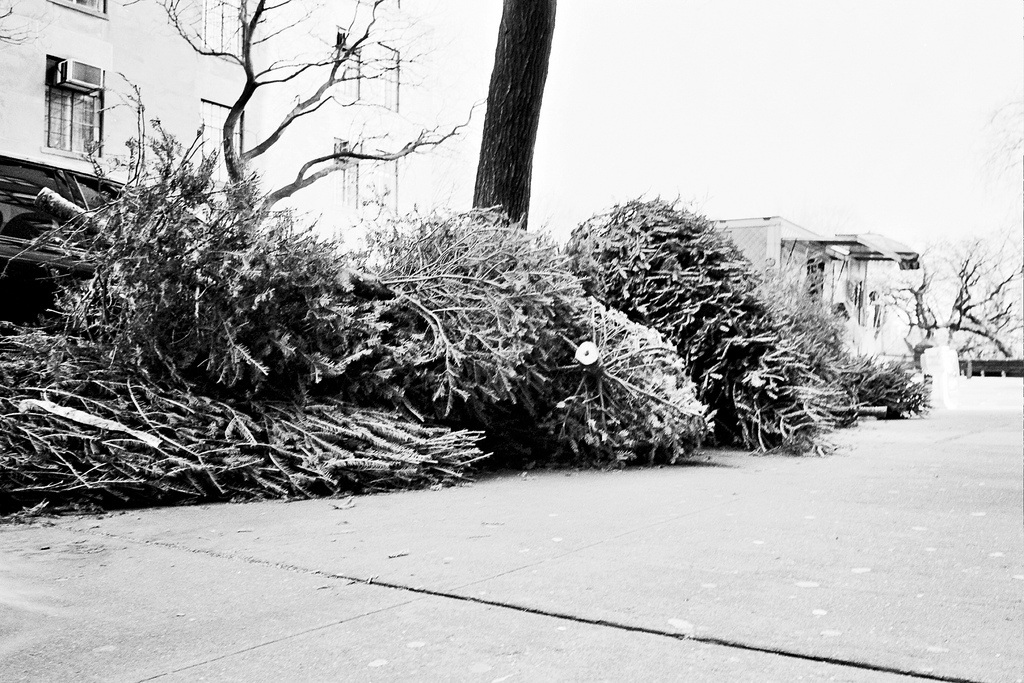“Heaven and earth will pass away, but my words will not pass away.”
Well, Jesus. Those are words I am holding onto dearly these days. For dear life, in fact. A promise that exposes false promises. A promise that keeps me going. A promise that keeps me preaching. While indeed it is true that so much of life is trying to hold on to what inevitably will change, having this knowledge does not make it necessarily less difficult to cope. Do you feel the same, Dear Working Preachers?
On this first Sunday of Advent, moving into the season of Advent, we know ahead of time, we can see in front of us, just how much will pass away these next four weeks — and quickly. Everything we anticipate, for which we plan, what we try to take in, will be gone in a mere month. So, we will attempt to hang on to these moments with tried and true methods — photographs, videos, maybe some journaling or scrapbooking, all the while realizing that even these go-to ways of keeping memories will themselves one day pass away.
Nothing lasts forever.
And yet, perhaps there is no other time that this is felt more deeply than during the holidays, the sense of evanescence, the mindfulness that nothing lasts forever. This month seems to accentuate the fleetingness of so much of life. Our attempts to remember events are also the means by which we cope with the inherent loss — that this moment in time can never be repeated in time, ever again.
Sometimes this sense is brought about by an awareness of “lasts” especially marked during this time of year — the last Christmas before a child goes to college, the last Christmas with a dying loved one, the last Christmas before an impending divorce. You know what I mean. But what is hard about anticipating the events of the coming month is realizing just how many of these moments are packed into 30 days. That is a lot of holding on to the now, all the while knowing that it will all pass away. That is a lot of energy spent knowing the truth, that nothing lasts forever, yet at the same time doing our best to deny it or at least postpone the demise.
The rest of the year knows this feeling of course, but mercifully the events are more spread out. Marriages come and go. Jobs come and go. Administrations come and go. Leaders come and go. Ideas come and go. People come and go. That’s life, right? Right. But that doesn’t make it any easier when you find yourself in the myriad of places and spaces of impermanence.
Advent is a rather curious and even complex ecclesial season. I guess they all are, to a certain extent. I suspect, however, that we do not plumb the depths of the times in the liturgical year as much as we can, and perhaps should. And where you sit each year one comes around always determines what you see.
What do you see this Advent season? For me, “heaven and earth will pass away” hit me hard, as you probably have already surmised by the commentary above. I could do with a little more permanency in my life these days, a bit more enduringness. And there is a good deal of discomfort with the regular realizations that I have less control over what happens in my life than I want.
Sitting in that discomfort for a bit made me recognize that “heaven and earth will pass away” articulates an aspect of Advent that I had not thought about much before: that Advent counteracts impermanence with promise. Advent does not let the transience of life take over our hearts but fills our souls with holy transcendence. Into the ephemerality that is so much of what life seems to be, Advent brings the hope of eternity.
Nothing lasts forever — except Jesus’ words, the Word, will not pass away. What does it mean to hear this promise in the midst of impermanency? What does it feel like to know this truth when it seems that temporariness has taken over? How is life made different with this expectation in the face of so much momentariness? Well, for starters it means that hope really can matter. It feels like confidence amidst shifting sands. It makes life different because it changes your perspective. You start looking for the lastingness and finding it in the most unexpected places.
Finally, in the end, Advent anticipates the event that upended “nothing lasts forever” forever. When God decided to become flesh, God took on transitoriness so as to give us eternal life. God took on transiency to give us a permanent home with God. God took on certain mortality to give us resurrection. Because, with God, forever means forever.
Karoline

